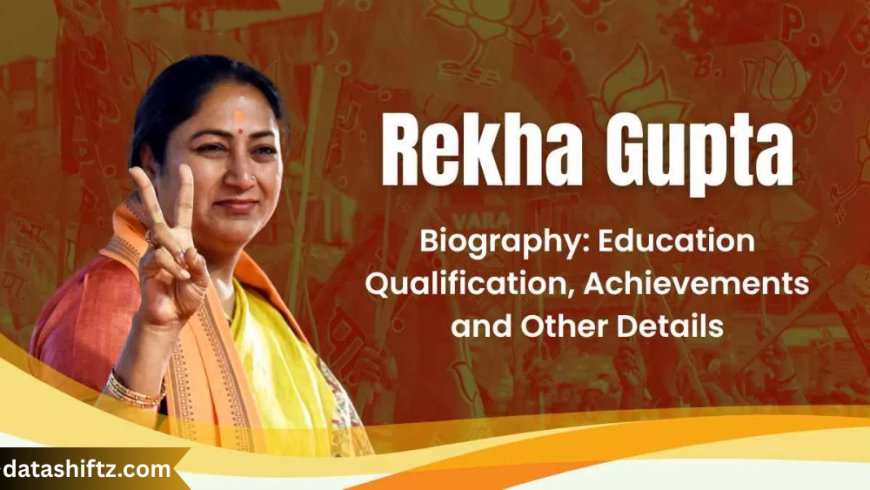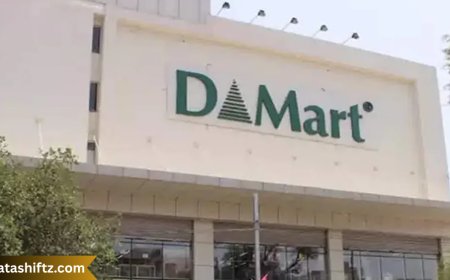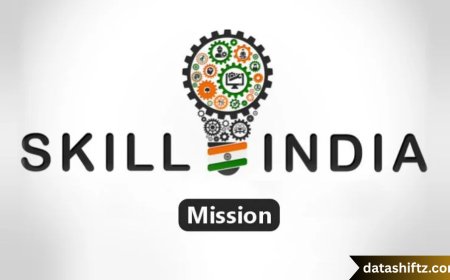The Rekha Gupta “Slap” Incident: A Disturbing Blow to Democratic Engagement

Introduction
On August 20, 2025, Delhi Chief Minister Rekha Gupta was tragically assaulted during her weekly public grievance session, known as Jan Sunvai, held at her official residence in Civil Lines. The attacker, disguised as an ordinary complainant, physically accosted her—allegedly slapping and pulling her hair—before being subdued by security and taken into custody. The incident prompted immediate concern over officials' safety, political motivations, and the sanctity of democratic discourse. This article offers a comprehensive analysis of the incident’s timeline, responses, repercussions, and the way forward.
Incident Overview
What Happened?
-
During her Jan Sunvai at her residence, Rekha Gupta was approached by a man who initially handed her some papers. Suddenly, he attacked her—reports mention a slap, hair-pulling, and jostling that may have caused a light head injury
-
Security personnel responded swiftly, overpowering the attacker. The man, identified as Rajesh Khimji—a Gujarat resident in his mid-30s—was detained and is currently under police interrogation
-
Medical evaluation confirmed that CM Gupta is in stable condition, suffering only minor injuries. Her Jan Sunvai program reportedly continues as scheduled
Security Gaps and Vulnerabilities
-
The breach occurred despite Jan Sunvai being a typically well-guarded event, raising alarm about the effectiveness of security protocols for public officials
-
Authorities have tightened security and are reassessing the existing measures to prevent similar occurrences
Reactions Across Political Lines
Statements from Political Leaders
-
BJP leaders, including Delhi BJP President Virendra Sachdeva and Manjinder Singh Sirsa, strongly condemned the assault. Sachdeva described the CM as "a strong woman" and confirmed she had decided to continue her programs Sirsa hinted at a political conspiracy behind the attack
-
AAP’s Atishi and Congress representatives denounced the violence. Atishi stressed that while disagreement is part of democracy, violence is not acceptable
-
Congress chief Devender Yadav raised concerns about women’s safety, asserting that if the CM of Delhi cannot be safe, no citizen can be
-
Some opposition leaders even questioned whether the incident could have been staged, exposing a tense political environment
Summary Table of Key Elements
| Aspect | Details |
|---|---|
| When & Where | Aug 20, 2025, at CM’s Jan Sunvai session in Civil Lines |
| What Happened | Man handed papers, then allegedly slapped and pulled her hair |
| Attacker | Identified as Rajesh Khimji (mid‑30s, Gujarat resident) |
| CM’s Condition | Stable; minor head injury; continues public duties |
| Security Fallacies | Breach during a public event; calls for review of security norms |
| Political Reactions | BJP, AAP, Congress condemned; speculation of political motives |
| Broader Concerns | Women’s safety, democratic civility, effectiveness of public engagement forums |
Key Takeaways in List Form
-
Incident Snapshot: A man disguised as a petitioner attacked Delhi CM Rekha Gupta during her Jan Sunvai on August 20, 2025.
-
Nature of Assault: Slap and hair-pulling; possible light head injury; CM remains stable and continues her work.
-
Security Oversight: Serious breach prompts reevaluation and tightening of safety protocols during public outreach.
-
Perpetrator Identified: Rajesh Khimji, mid-30s, Gujarat-based, currently detained, motive under investigation.
-
Cross-Party Condemnation: BJP, AAP, and Congress united in condemning the attack, though some raised doubts over the incident's authenticity.
-
Symbolism of Safety: Sparks debate over safety of public leaders and citizens alike—raises urgent questions around democratic exposure and gendered vulnerability.
Conclusion
The attack on Chief Minister Rekha Gupta during her weekly Jan Sunvai is a jarring reminder that democratic spaces must not become arenas of intimidation. This incident—not only a security breach but a violation of democratic norms—demands urgent reforms. Robust, transparent security mechanisms should accompany public engagement, safeguarding those in office and reassuring citizens of their safety.
Beyond procedural fixes, this disturbing episode highlights deep societal concerns: the fragility of women’s safety, the politicisation of violent acts, and the pressures of public exposure. Moving forward, it is essential to restore faith in democratic processes through protective, inclusive and peaceful engagement.






























